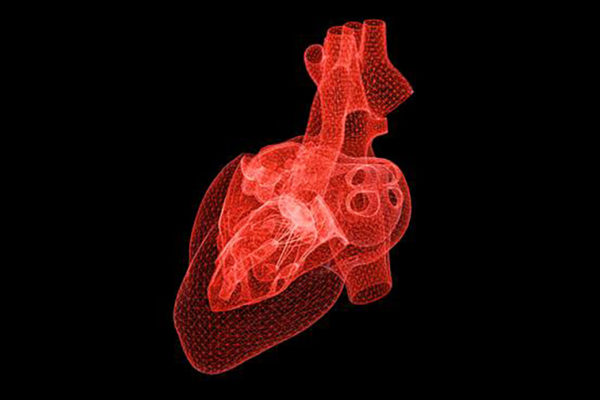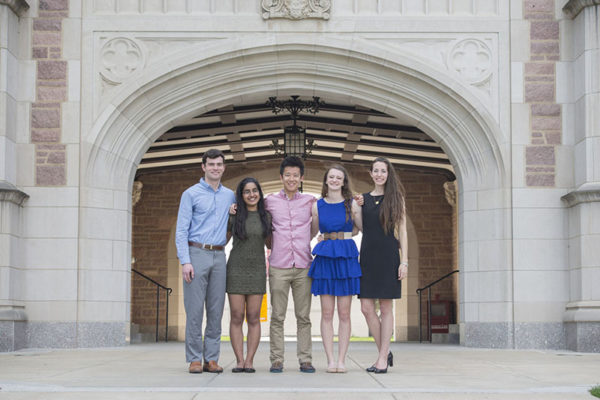New Forest Park Parkway pedestrian bridge to be built
In an effort to better accommodate pedestrians and cyclists, Washington University in St. Louis will replace the Forest Park Parkway bridge with a new bridge that is wider, safer and easier to access. Demolition work on the current bridge will begin Monday, May 21. The new bridge is set to open in October.
WashU Expert: Trump’s drug pricing plan breaks little new ground
President Donald Trump, in a long-awaited speech May 11, took aim at reducing drug prices in America. But there was little in the speech or the administration’s plan that takes direct aim at industry, says an expert on drug policy at Washington University in St. Louis.
An ‘unprecedented look’ into the protein behind hypertension, epilepsy and other conditions
The seemingly unrelated conditions of hypertension, epilepsy and overactive bladder may be linked by electrical activity in a protein long studied by a biomedical engineer at Washington University in St. Louis. After new technology recently revealed the structure of the protein, his lab will collaborate with two others to take an unprecedented look into its molecular mechanisms, potentially leading to the development of new drugs for these and other conditions.
Announcing the 2018-19 Great Artists Series
For its 2018-19 Great Artist Series, Washington University in St. Louis will present four affordably priced concerts by some of today’s finest performers.
Class Acts: Tackling the global clean water crisis
How five Langsdorf Scholars in the School of Engineering & Applied Science kept searching for an answer to an urgent global problem: clean water for children. Their project, WOOTA, draws moisture from the air and re-condenses it into drinking water. The prototype was recognized as the winner of the 2016 Discovery Competition.
Class Acts: Fighting childhood malnutrition
To prepare for a career treating and studying global malnutrition, Zach Linneman has completed the post-baccalaureate premedical program in University College in Arts & Sciences at Washington University in St. Louis. It’s another step toward his goal of alleviating childhood hunger and he’s another of our Class Acts of 2018.
Olin announces new Family Business Center, two new professorships
The St. Louis-based Koch family has agreed to contribute a $12 million endowment to establish the Koch Center for Family Business at Washington University in St. Louis’ Olin Business School as well as two distinguished professorships.
$5 million supports innovative breast cancer trial
A $5 million grant will support research at the School of Medicine aimed at improving breast cancer therapies. The research focuses on HER2-positive breast cancer. Ron Bose, MD, PhD, and Cynthia X. Ma, MD, PhD, are leading the effort.
The celebration begins: A guide to Commencement speakers
A variety of distinguished speakers, faculty members and student leaders will take part in Commencement-related events for Class of 2018 graduates and their families and guests next week at Washington University in St. Louis.
Class Acts: Meeting the world where it’s at
Jessi Gray graduates this month with a degree in computer science from the School of Engineering & Applied Science and is one of four valedictorians. It’s an impressive achievement, but not the one that matters. After struggling with identity for years, Gray is proudly living her life as a transgender woman.
View More Stories









